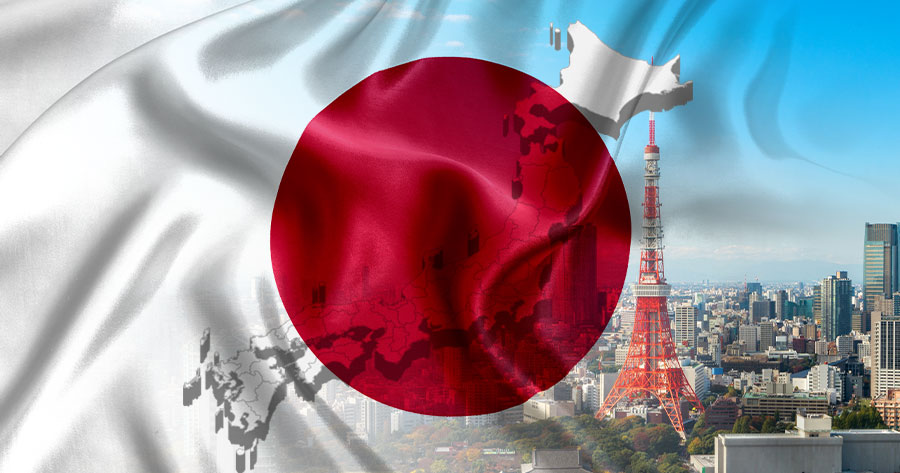Data released on Friday revealed that core inflation in Japan’s capital accelerated for the fourth consecutive month in August, comfortably surpassing the central bank’s 2% target. This development reinforces market anticipations of upcoming interest rate hikes.
In August, the Tokyo core consumer price index (CPI), excluding volatile fresh food costs, climbed by 2.4% compared to the previous year, exceeding the median market forecast of 2.2% and the 2.2% rise recorded in July.
Another index, which eliminates the impact of both fresh food and fuel costs and is closely monitored by the Bank of Japan (BOJ) as an indicator of broader price trends, rose by 1.6% year-on-year in August after a 1.5% increase in July.
The accelerated inflation in Tokyo, recognized as a leading indicator of national trends, was mainly attributed to the discontinuation of government subsidies on utility bills and elevated rice prices due to worsening shortages induced by extreme heat.
Takeshi Minami, chief economist at Norinchukin Research Institute, noted that while certain temporary factors pushed inflation higher, the underlying trend is expected to moderate in the ensuing months.
However, with wage growth anticipated to boost private consumption and drive inflation upwards, the case for the Bank of Japan to implement further interest rate increases is strengthening.
In a separate development, the Ministry of Economy, Trade and Industry upgraded its evaluation of industrial output for the first time since March last year, following data showing a 2.8% increase in output in July from the previous month. Manufacturers surveyed by the ministry projected a 2.2% rise in output for August, followed by a 3.3% decline in September.
BOJ Governor Kazuo Ueda affirmed that the central bank would consider further rate hikes if inflation maintains a trajectory towards consistently meeting the 2% target in the forthcoming years, as projected by the BOJ board. The central bank anticipates that growing wages will propel service prices higher, maintaining inflation at around 2% in the long term.





